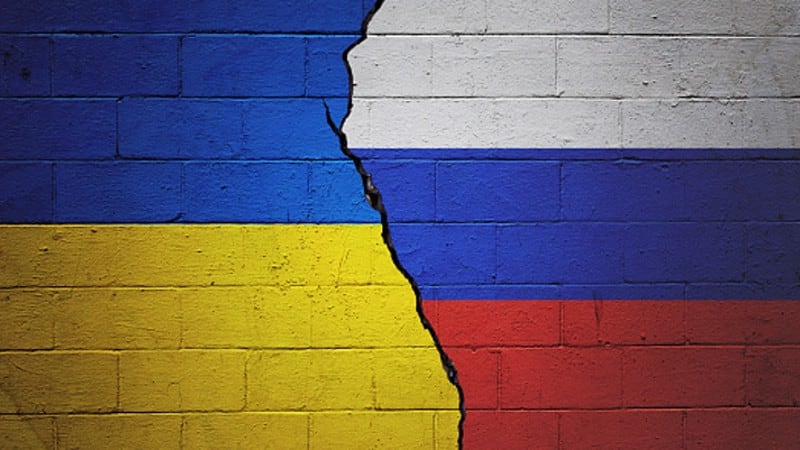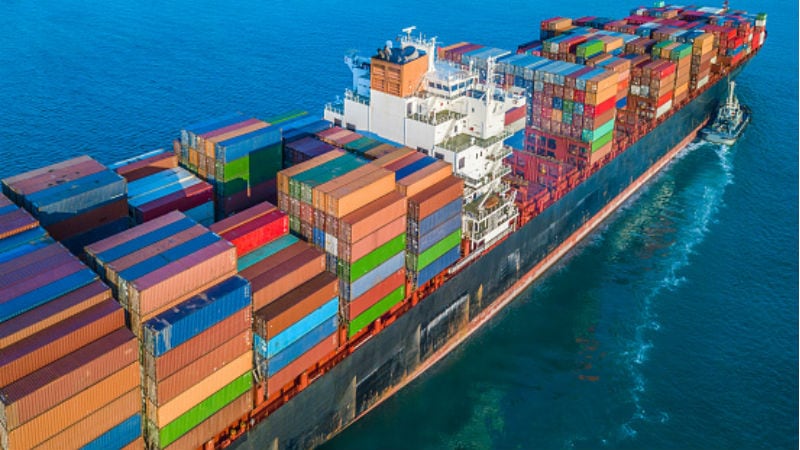Prior to the start of the war, Ukraine and Russia were major grain suppliers in the global food supply chain, together making up over 30% of global wheat exports and over 75% of sunflower meal stocks, in addition to Ukraine being a key corn exporter.
For South Korea, the impacts from Ukrainian grain exports are the most worrying as these make up upwards of 10% of its wheat and corn imports, and the loss of these would negatively impact both the local food and feed sectors, in addition to the supply instability resulting in skyrocketing grain prices in general.
“The Ministry of Agriculture , Food and Rural Affairs (MAFRA) Food Industry Policy Office has chaired a committee on International Grain Supply and Demand Countermeasures with participation from other ministries, the local industry and associations, financial and agricultural research institutions and other experts, [and] has found it necessary to implement countermeasures in response to the Russia-Ukraine crisis,” MAFRA Minister Kim Hyun-soo said via a formal statement.
“International grain prices are rising and the committee believes that the volatility here is due to the [ongoing] crisis, [and it is] difficult to rule out the possibility that if the situation worsens and prolongs, this may have negative effects on the domestic market, including price hikes or disruptions in the international grain supply chain.
“As such, [we]are preparing countermeasures such as changing the import lines and opening up alternative bidding [to bring in more grain] from other markets. This grain will be important to sustain industries that [can keep the local food supply chains running], including feed for livestock and the local starch-based sugars sector.
“[The overall plan is] to review our mid- to long-term stable supply of international grains, [and this will] include support for the private sector to secure overseas grain distribution networks, expanding stockpiles of major grains such as wheat, and diversifying our import sources in preparation for any possible supply chain instability .
MAFRA also highlighted other measures including reducing the amount of edible grains for the feed sector by adjusting the ratio between feed grains and auxiliary ingredients (e.g. cassava, gourds) to increase the amount of the latter, thus saving grains for other uses in the food supply chain.
Food Industry Policy Office Head Kwon Jae-han added that: “To minimise local impacts of the unrest in Ukraine, we are closely monitoring the market situation, communicating with the local industry and reviewing possible additional necessary measures.
“At the industry level, we ask that [all companies in the food supply chain] also actively cooperate with measures to stabilise supply and demand, such as securing [your own] sufficient inventory of major grains, ensuring that [your grain] contracts are with stable sources, and so on.
“It will be best for industry platers [to proactively] make these efforts on your own, such as securing sufficient stocks of major grains and contracted quantities, in preparation for any potential emergencies.”
No need to panic
That said, it was also emphasised that at present there is ‘no need to panic’ as for the short term, grain supply is still sufficient.
“At present, the sugar sector has stated that there is still a remaining 230,000 tons of edible corn being imported from other countries besides Ukraine such as the United States and Eastern Europe, so these sources are still accessible,” stated MAFRA.
“MAFRA is also looking at reducing interest rates and expanding the scale of support for 2022 national raw material purchase funds from the current KRW128bn (US$104.3mn) for food and KRW64.7bn (US$54.7mn) for feed; as well as reviewing countermeasures including support for expedited customs clearance for imports into the country.”



